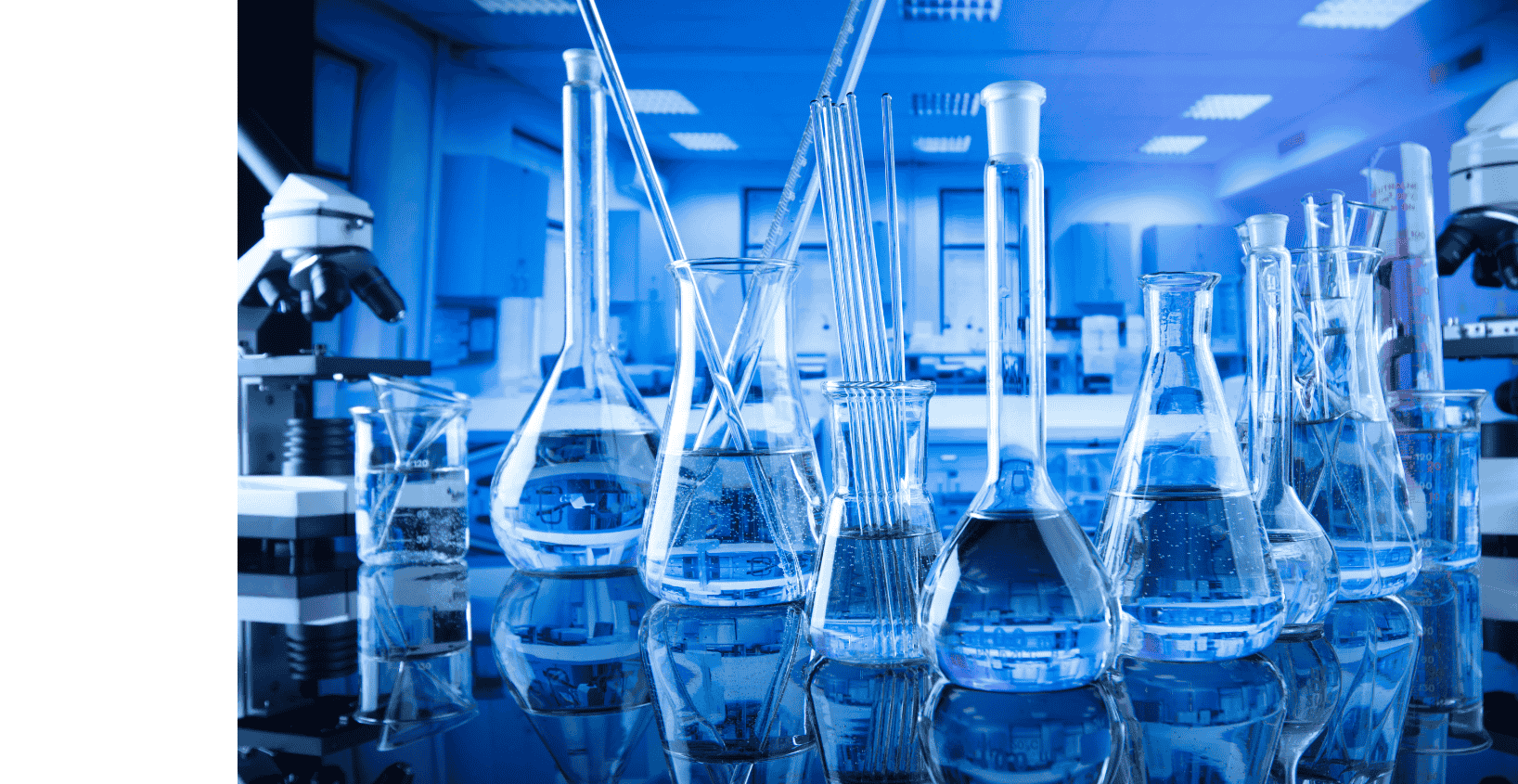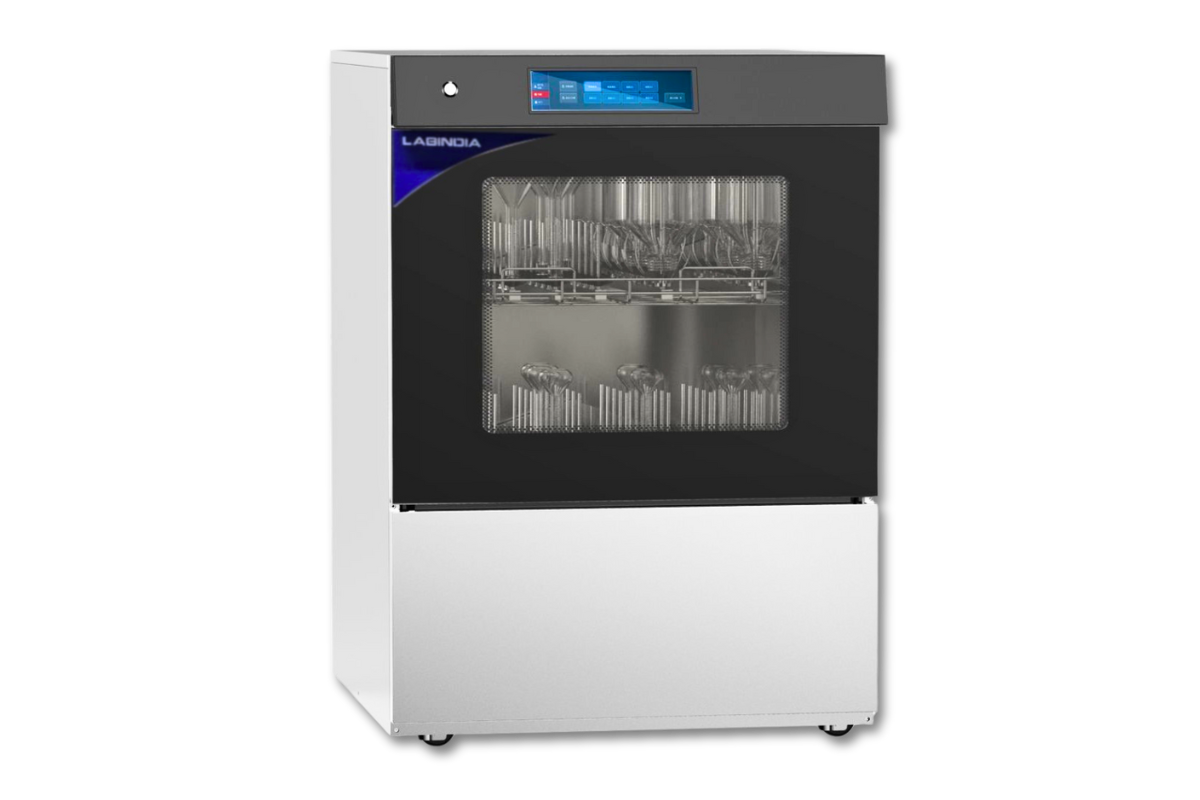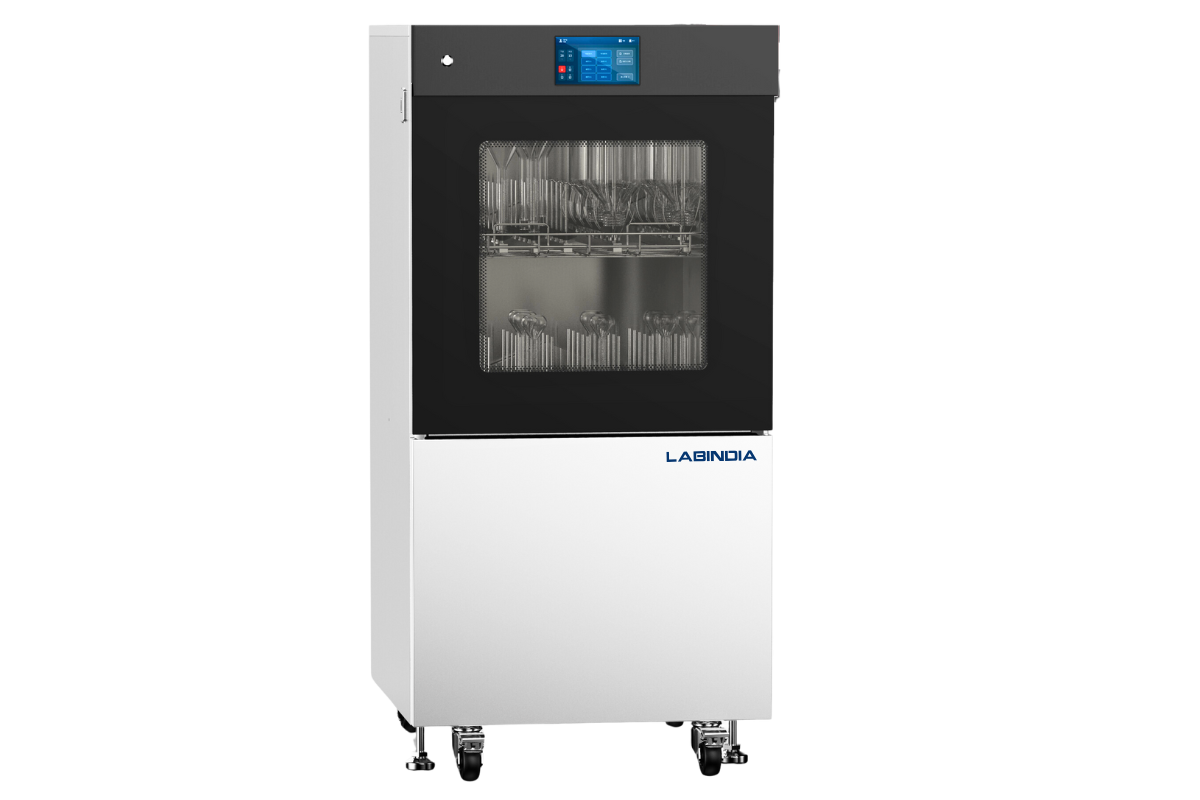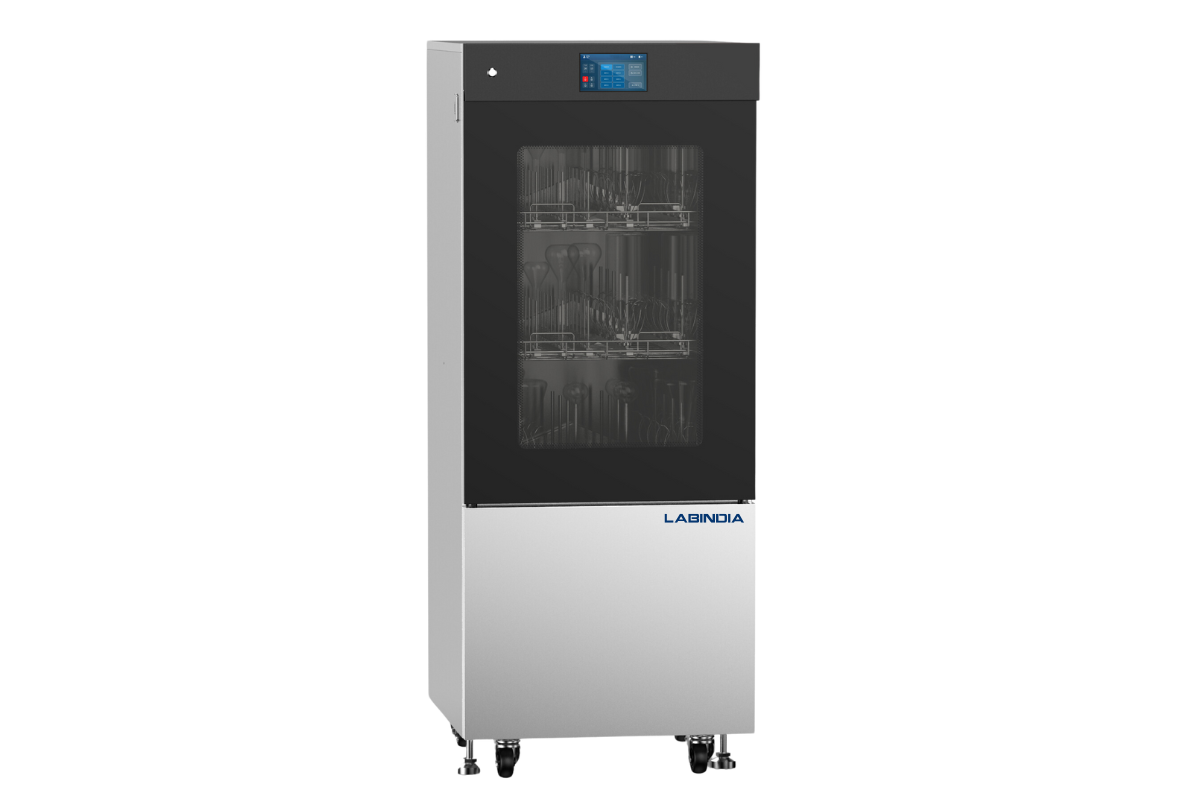Glassware Washer

Know more about
Glassware Washer
Glassware Washers ensure efficient cleaning of laboratory glassware, enhancing productivity and compliance. These reliable systems are ideal for research and industrial laboratories.


